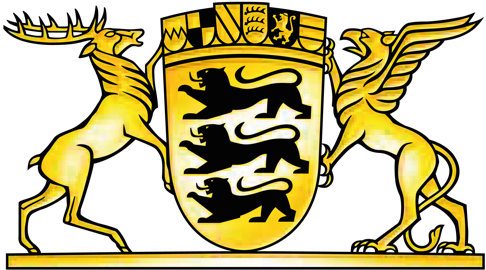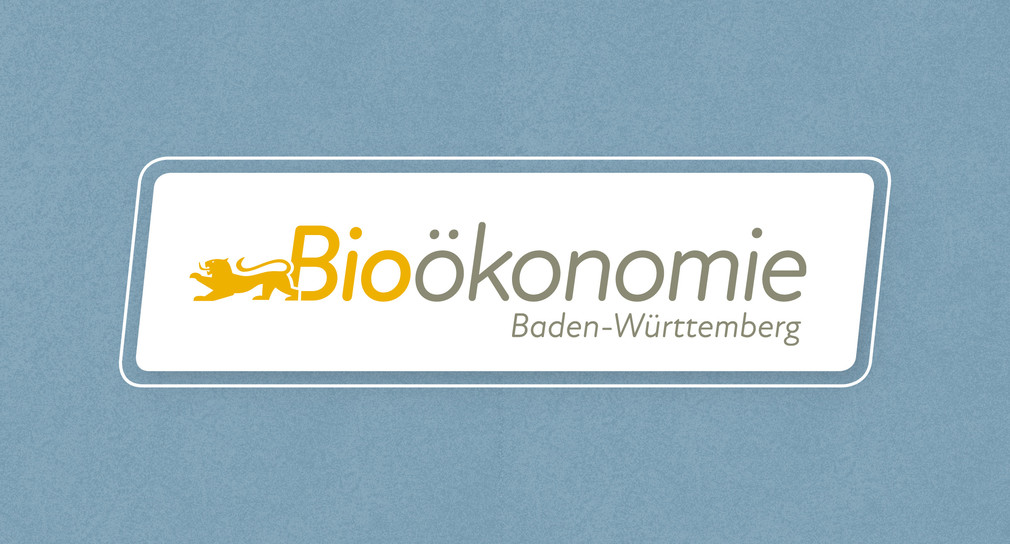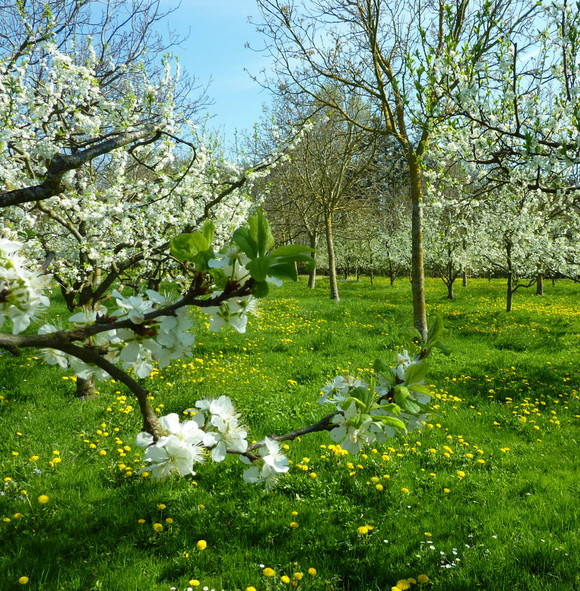Our way of life and economic system largely rely on the consumption of finite fossil resources. This approach is not sustainable and may place severe stress on the climate and the environment. With the state strategy "Sustainable bioeconomy for Baden-Württemberg", the state pushes forward to advance the use of renewable raw materials in an effort to protect our natural resources and promote Baden-Württemberg a a business location.
The Ministry for Rural Areas and Consumer Protection and the Ministry for the Environment, Climate Protection and the Energy Sector have jointly developed the state strategy "Sustainable Bioeconomy for Baden-Württemberg", which was approved by the state government in mid-2019.
Objectives and priorities
By introducing innovative biological concepts, the state seeks to tap renewable and/or recyclable raw materials, reduce greenhouse gas emissions, and promote biodiversity. The idea is to make Baden-Württemberg an example for a sustainable and closed loop-oriented economic system.
The increased material and energetic utilisation of secondary and residual products from the agricultural and food sector, as well as wood from sustainable domestic silviculture, offer important potentials. Another core theme is the future-oriented enhancement of existing biogas facilities, as they make for inexpensive interfaces to drive the universal, decentralised conversion of biomass into a multitude of products such as fibres, platform chemicals, food, and energy products.
Bioeconomy will play an increasingly important role also for the industry and urban regions. Wastes and waste water, for example, contain useful resources which can be recovered.
Further key topics include the development of technologies for the biological extraction of inorganic raw materials such as metals, phosphorous and chemicals, in addition to biotechnology-based CO2 recycling techniques, to deliver the raw material for energy and material cycles–a bioeconomic research priority for the benefit of climate protection.


